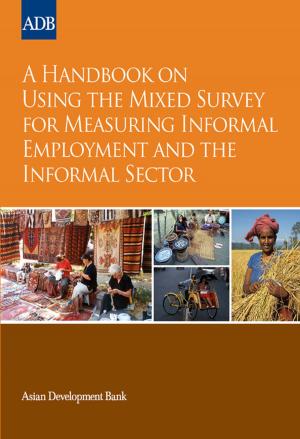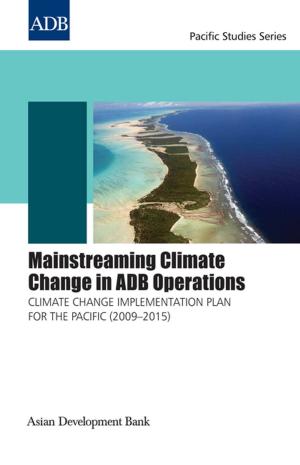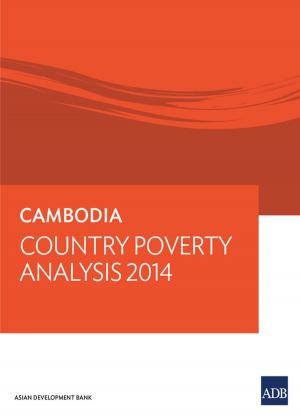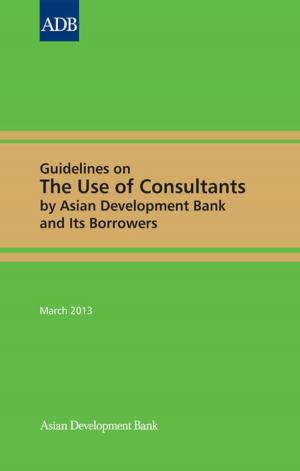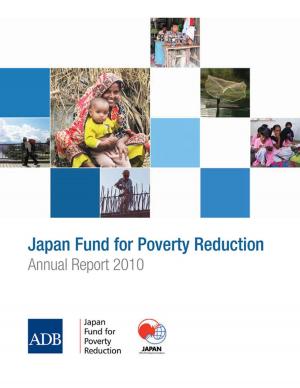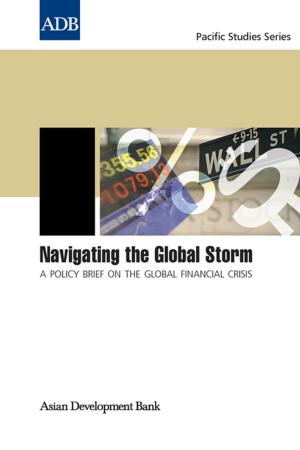Cook Islands 2008 Social and Economic Report
Equity in Development
Nonfiction, Social & Cultural Studies, Political Science, Government, Public Affairs & Administration, Business & Finance, Economics, International Economics| Author: | Asian Development Bank | ISBN: | 9789292571900 |
| Publisher: | Asian Development Bank | Publication: | December 1, 2008 |
| Imprint: | Asian Development Bank | Language: | English |
| Author: | Asian Development Bank |
| ISBN: | 9789292571900 |
| Publisher: | Asian Development Bank |
| Publication: | December 1, 2008 |
| Imprint: | Asian Development Bank |
| Language: | English |
Cook Islands has transformed its economy since the public debt crisis of the mid-1990s. The economy is private sector-led, the Government is now on a sound financial footing and well placed to address key development issues, and the economy has proved its resilience in the face of five cyclones in 2005. The tourism sector remains the main driver of growth and visitor arrivals are expected to continue to grow. Infrastructure works are a development priority, both to support economic growth and to address the rising pressures on the all-important natural environment. Improved education services are needed to meet the ever-rising expectations of the population, and the aging population and steady rise in noncommunicable disease are placing new pressures on the health and welfare systems. The gap between living standards on the main centers of Rarotonga and Aiututaki and the outer islands is a further key development issue. Continued improvement in institutional performance lies at the heart of an effective response to these needs. This report discusses options for responding to these needs with a view to helping guide public policy formulation in the Cook Islands.
Cook Islands has transformed its economy since the public debt crisis of the mid-1990s. The economy is private sector-led, the Government is now on a sound financial footing and well placed to address key development issues, and the economy has proved its resilience in the face of five cyclones in 2005. The tourism sector remains the main driver of growth and visitor arrivals are expected to continue to grow. Infrastructure works are a development priority, both to support economic growth and to address the rising pressures on the all-important natural environment. Improved education services are needed to meet the ever-rising expectations of the population, and the aging population and steady rise in noncommunicable disease are placing new pressures on the health and welfare systems. The gap between living standards on the main centers of Rarotonga and Aiututaki and the outer islands is a further key development issue. Continued improvement in institutional performance lies at the heart of an effective response to these needs. This report discusses options for responding to these needs with a view to helping guide public policy formulation in the Cook Islands.


